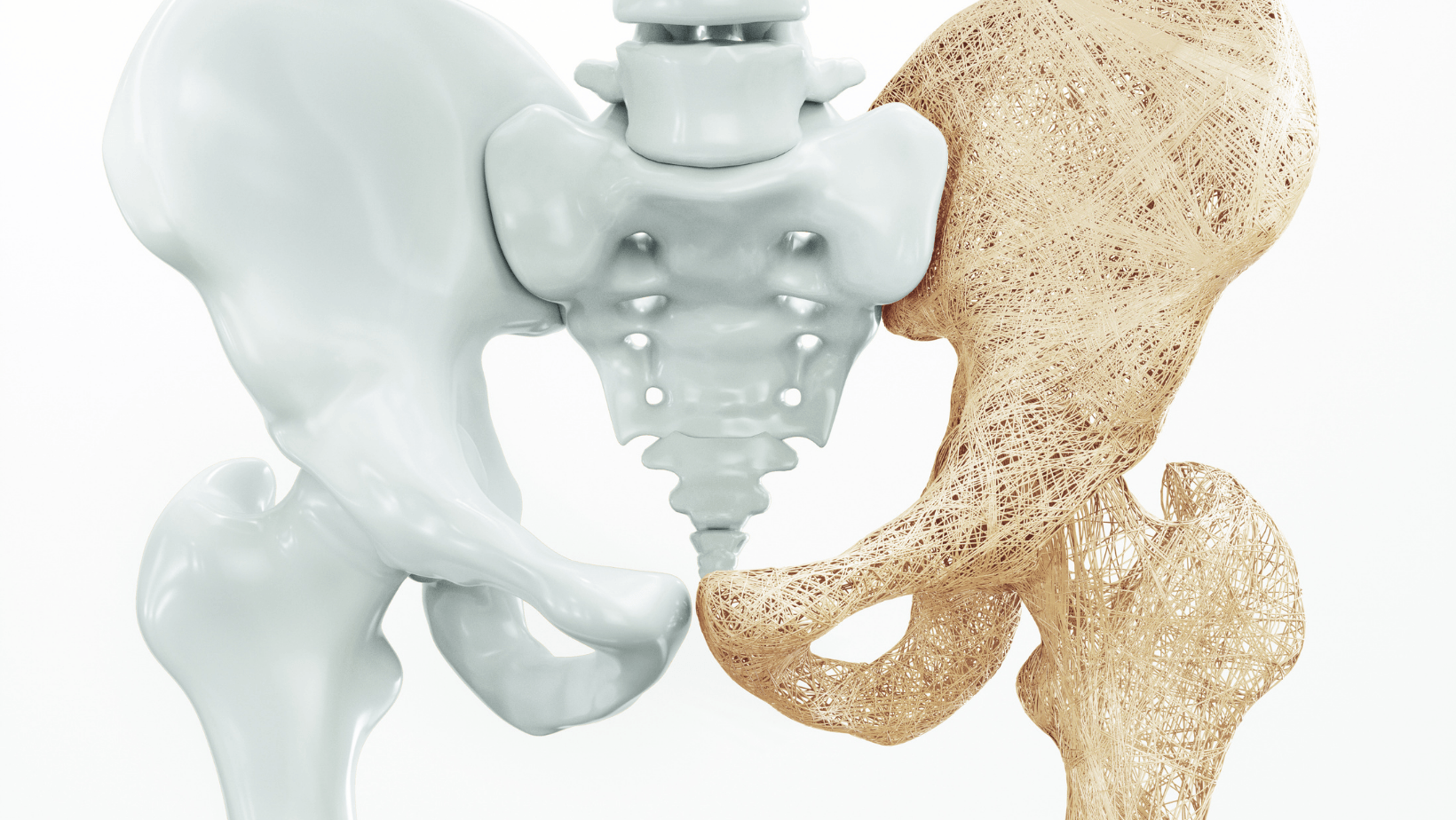Common Cold - Symptoms, Causes, and Treatment - Avicenna Health
Common Cold
A 19-year-old girl came to the clinic with a common cold condition said: “I have been suffering from this sore throat and runny nose for about two days. I feel a mild headache with body ache. I tried antibiotics, but I never get better even though it worked last time I took it for the same symptoms.”
Did the girl do the right thing by taking antibiotics for her condition? Go ahead and figure this out by reading this article.
Definition of Common Cold:
Common cold: A viral infection affects, chiefly, the upper respiratory system, especially the nose and the throat. A sore throat and runny nose mainly characterize it.
A common cold infects people about two to three times a year, and it considers the leading cause of missed days from school.
How much time does it last?
In most cases, the common cold is a mild condition, so people get well in about ten days, but in some exceptional circumstances, it can last longer, particularly in children.
Symptoms:
Fortunately, a common cold is a self-limited condition, even though it can impact your performance during the day with; annoying symptoms include:
- Blocked or runny nose - often with a thick yellow discharge
- Sore throat - a scratchy feeling in the throat, often worsens when you swallow.
- Fever - usually low.
In addition to:
- Cough
- Sneezing
- Tiredness
- Headache
- Drowsiness
Causes:
As we already mentioned, the common cold is a viral infection. The most common cause is rhinoviruses, which can easily be transmitted by droplets or direct contact like a handshake.
So DO NOT take any antibiotics to relieve symptoms, and remember antibiotics are only used for bacterial infections.
Risk Factors:
- Patient at a young age like children
- Female patients more than male ones
- Patient with a weak immune system
- pollutants exposure, such as cigarette smoke.
When to see a doctor?
Generally, the common cold is not a life-threatening disease, but there are some cases where you might need to get a medical consultation.
- Symptoms last for more than three weeks
- A high temperature, more than 101.3 F (38.5 C) for adults, and 100.4 F (38 C) for children.
- If you have long-term medical conditions
Other signs and symptoms that indicate a severe condition include:
- Symptoms are getting worse
- Wheezing
- Difficulty breathing
Diagnosis:
Generally, a doctor can diagnose the common cold by clinical history in addition to clinical findings like signs and symptoms.
The doctor may never ask you to do tests due to the lack of value they present.
In some cases, doctors may request a chest x-ray or lab tests to rule out other conditions like bacterial infections.
Differential Diagnosis:
- Allergic and non-allergic rhinitis
- Sinusitis
- Bronchitis or Bronchiolitis
- Influenza and parainfluenza virus infection
- Coronavirus or COVID-19
- Upper respiratory tract infection
Management:
Mainly, the common cold is not a life-threatening condition. It can be well-managed by home remedies and self-care
Even though there is no particular cure for this condition, symptoms often improve within ten days without serious complications.
Sleeping enough and getting plenty of water or juices to keep from dehydration would be beneficial to get better quickly.
Finally, if you have any concerns about non-emergent health conditions, you may schedule a telemedicine consult with the Avicenna Health provider for an individualized consultation.
References:
- Mayoclinic.org
- WebMd.com
- Medscape.com
- Nhs.com
- Cdc.gov
- medicinenet.com













